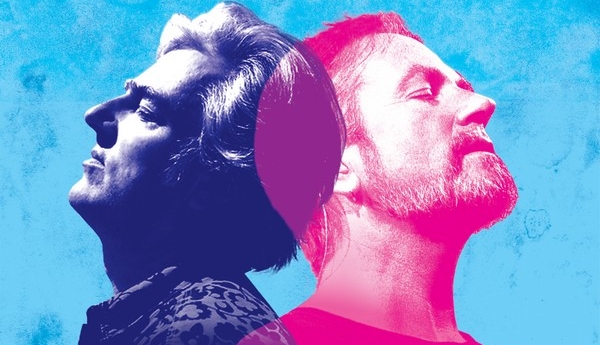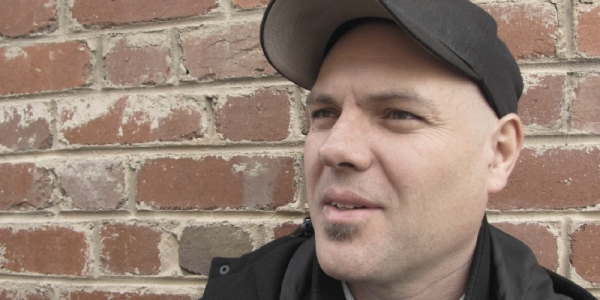“I just always have written a lot of songs,” he says. “I don’t why, it’s just been my nature to do this. Some people play golf, I write fucking songs.”
Kilbey’s best known as the singer and bassist for legendary Australian band The Church, which has released 20-plus records since forming in 1980. The Church has been relatively inactive in the last five years but this doesn’t mean Kilbey’s taken a step back. Over the years his solo output has been almost as regular as his work with the band and in recent years he’s released collaborative albums with All India Radio’s Martin Kennedy, Underground Lovers’ Glenn Bennie and Brian Jonestown Massacre member Ricky Maymi.
Kilbey’s next venture is the Insects & Stars tour this May, which pairs him with dapper UK songwriter Robyn Hitchcock. Hitchcock’s been exhibiting ironic charm since the late ‘70s, first emerging as the frontman for The Soft Boys before kickstarting a hugely prolific solo career. Indeed, it’s easy to draw a parallel between the two compulsive creators.
“In some ways Hitchcock and I are the old guard of the psychedelic, whimsical old-English [songwriters],” Kilbey says. “I’ve written 750 songs on my own – we must have 1500 songs between us. You won’t find one song of mine where the words are like, ‘Hello baby, let’s party tonight,’ and he’s the same. Our lyrics are involved and have a lot of alliteration and references to literature and ambiguity and wordplay. People who can enjoy the English language and like the John Lennon/Bob Dylan/Syd Barrett/Mark Bolan/David Bowie tradition of songwriting would find something in our songs to make them happy.”
Yes, for the last three decades Kilbey and Hitchcock have continually demonstrated a knack for injecting lyrical intrigue into memorable tunes. But, putting substantial effort into each composition, does Kilbey regard everything he’s written with similar affection?
“It’s like having 750 children,” he explains, “and some have gone off into the world and you never hear from them again, then other ones hover around where you live and you’re constantly seeing them. Other ones actually almost live at your house and you think about them or hear from them almost every day. Sometimes you go back and hear an old song you’d forgotten you’d written and you can kind of re-approach it and re-assess it. But the songs that you’re familiar with and are always hanging around, you get a bit tired of them.”
Crossing onto another artistic medium, a firsthand account of Kilbey’s career pursuits will be presented in a forthcoming autobiography. “A book company, Hardie Grant, rang me up and said ‘We want you to write your memoirs – we’ll pay you to do it.’ I said, ‘OK’. Now the deadline is looming and I’m still locked in 1989, trying to get out of that chapter, into the next.”
1989 is notably the year that the international success of Under the Milky Way affirmedThe Church as one of the great bands of its era. That song’s commercial highs were never quite repeated, but Kilbey’s not inclined to pinpoint it as an apex of artistic achievement. “Sometime back in the ‘80s I became Steve Kilbey. I wasn’t just a conglomerate of David Bowie and Bob Dylan and John Lennon and whoever else I was trying to be – I turned into something that was enough myself that people could say, ‘Oh that sounds like you.’ [Since] then I’ve just kept ploughing my furrow and kept unearthing good things and sometimes, by my own standards, not so good things.”
BY AUGUSTUS WELBY

